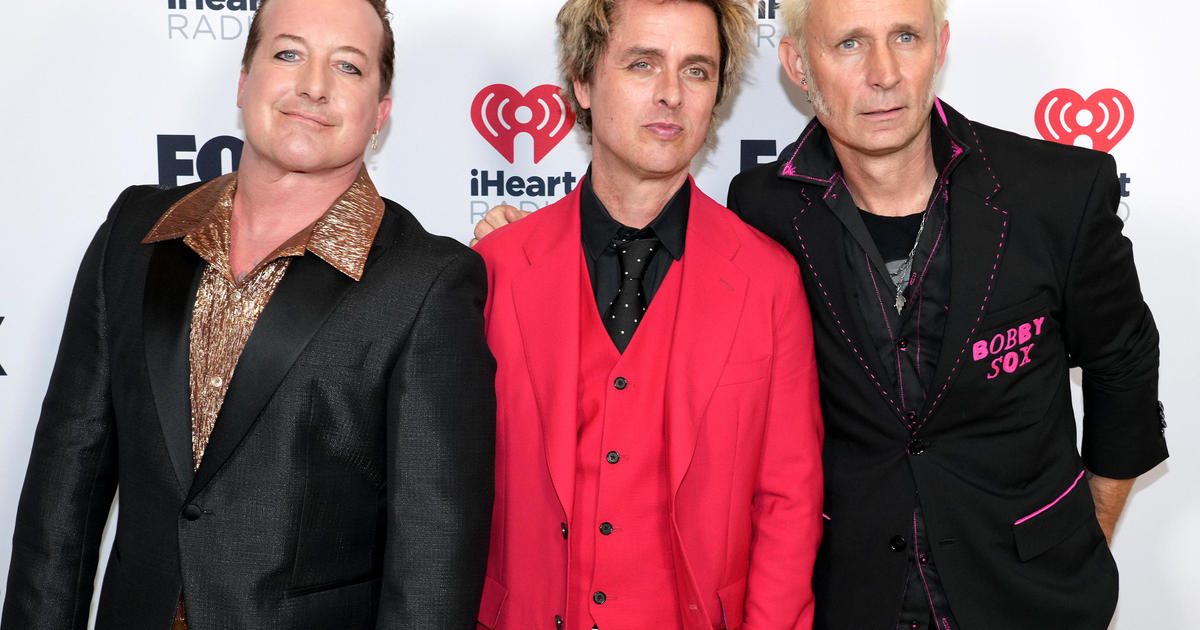Could Desalination Be The Solution To California's Water Crisis? Israel Shows How New Technology Helped Beat Drought
LOS ANGELES (CBSLA.com) — As California's drought crisis continues to get worse civil engineers have looked to some of the world's driest regions for possible solutions.
Just a few years ago, Israel dealt with a water crisis of its own. It was one of its worst droughts in recorded history. Homes and businesses were forced to conserve water and most fountains had been turned off. The country sits on arid land with little to no fresh water resources.
But it does have plenty of coastline - and plenty of salt water.
The country invested in creating Sorek, the world's largest desalination plant, a roughly $500-million project built by IDE Technologies.
Desalination became a resource revolution that allowed one of the driest countries in the world to cultivate a water surplus.
The Sorek plant produces more than 165 million gallons of fresh water and accounts for more than 20 percent of Israel's water consumption, according to Udi Tirosh, a director at IDE.
Factoring in several other desalination plants, an astonishing 50 percent of the country's drinking water now comes directly from the ocean - an amount capable of supplying the entire city of Los Angeles.
Plant officials also say it offers some of the world's cheapest desalinated water because of new technology and a series of engineering improvements that have cut down the massive energy normally required to transform seawater into fresh water.
Fountains that were once forced to dry up now are flowing again.
There are only three desalination plants operating in California. But now there are plans to build at least a dozen more, including one in Huntington Beach.
And it's no coincidence the state is turning to Israel for help.
IDE Technologies designed a $1-billion desalination plant now under construction in Carlsbad. When the plant opens next year, it will be the largest in the United States and expected to produce 50 million gallons of water a day for San Diego County.
But the plan has its critics. Joe Gleever of the Surfrider Foundation says the benefits of desalination don't justify the exorbitant costs, including the toll he says it takes it takes on the environment. He warns the process produces a high-concentrated salt-brine byproduct that gets dumped back into the sea.
"The bring discharge, if it's not managed properly, can destroy marine habitats, seafloor habitats," he said.
Gleever also says desalination's enormous energy demand could lead to more greenhouse gasses and drive up consumer water bills. Conservation, he says, should be the first priority, not desalination.
"Its a ton of money, and it doesn't really fix the problem. It is putting a band-aid on a bullet wound, and disguising the management reforms we have to take."
And there's the possibility that by the time the plants are built it will likely cost California billions and the drought could be over.
That's what happened in Santa Barbara, which began building a $34-million desalination plant during a drought in the 1980's. By the time it was completed in 1992 the rains had returned and the facility was eventually abandoned.
The city now plans to reactivate the plant for $40 million.
But there are some differences between Israel and California that may factor into the plan's effectiveness here: Israel is only about the size of Riverside and Orange counties combined, making it relatively easy to pipe desalinated water to anywhere in the country, California's terrain is very different and the population nearly five times greater.
Regardless, desalination has helped transform Israel into the most hydrated country in the region.
More plants like Sorek are now under construction with the expectation that, soon, nearly all of Israel's drinking water will come directly from the ocean.
Supporters call it a drought-proof solution that may quench California's thirst.
Israel is also leading the way when it comes to recycling wastewater.
More than half of the country's water used for agriculture now comes from treated sewage. Unlike California, the environmental concerns in Israel over how and where it gets water have been minimal.



